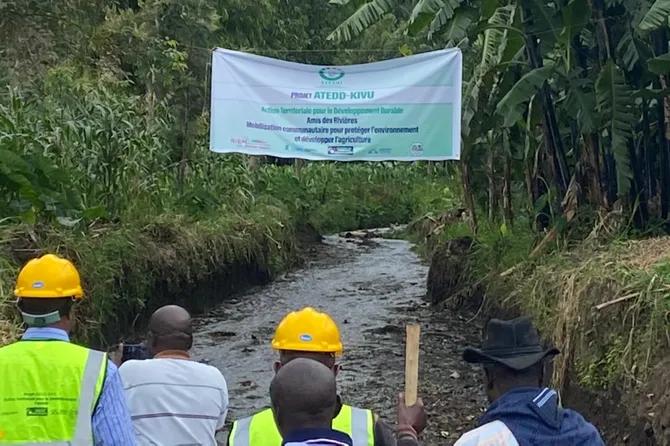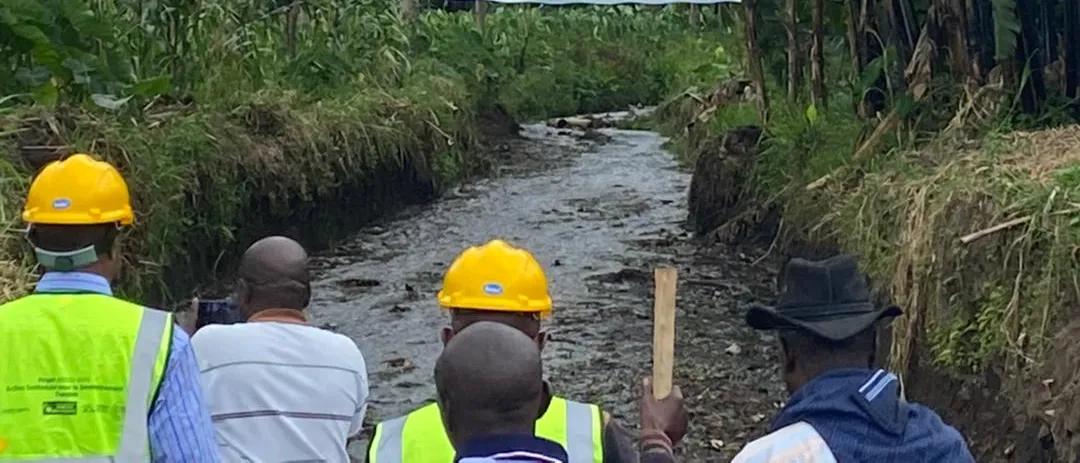Benin
Health
Training dogs to detect breast cancer, a method for screening disadvantaged women in Benin
Impact
News and Insights
NGO Développement et Civilisations Lebret Ifred and its partner NGO propose to implement capacity building based on participatory governance to prevent and manage the risks of natural disasters and environmental problems in Kivu. A collective appropriation of techniques to address them will develop at the same time a sustainable and remunerative agriculture.
Project ported by:


In the Democratic Republic of Congo (DRC), the negative effects of climate change, demographic pressure and migratory flows linked to recurring conflicts directly affect vulnerable populations in already fragile territories, where crises have become endemic and multidimensional. The pressure on resources caused by the combined effects of these crises thus accentuates the vulnerability of the populations.
**The territories of Kalehe and Masisi, in Kivu, have a population of nearly 1,500,000 and are particularly affected by natural disasters and declining soil fertility, resulting in lower agricultural production and consumables products quality. **Other populations in the region also experience this situation. Therefore, change management is a major issue for the preservation of the environment and the survival of these populations.
The initiative consists of strengthening the human and economic capital of the populations of the territories of Kalehe and Masisi, in an approach of community management of good practices and risks related to climate change and natural disasters.
Objective: move towards an endogenous, collective and concerted resolution of problems. This first component is linked to the introduction of organizational, practical and technological changes, in order to consolidate and strengthen the effectiveness of local action.
FID’s funding will enable activities to be conducted around the following three specific objectives:
The project will initially be conducted in four villages in the territories of Kalehe and Masisi and then be extended to 22 other sites in the two territories before being further extended to other territories of the country.
The overall objective of the project is to strengthen the human and economic capital of the populations of the territories of Kalehe and Masisi in a community-based management approach of risks and problems encountered and good practices.
The intervention aims at enabling the populations to benefit from a clear and collective understanding of the risks related to climate change and natural disasters, their causes and their interaction. The communities will then have the strengthened capacities and techniques to prevent and manage them.
Projects
Projects funded by FID